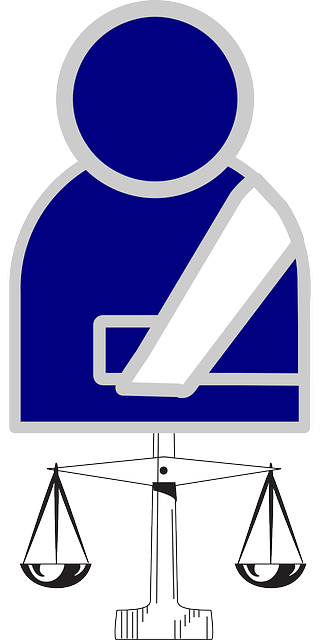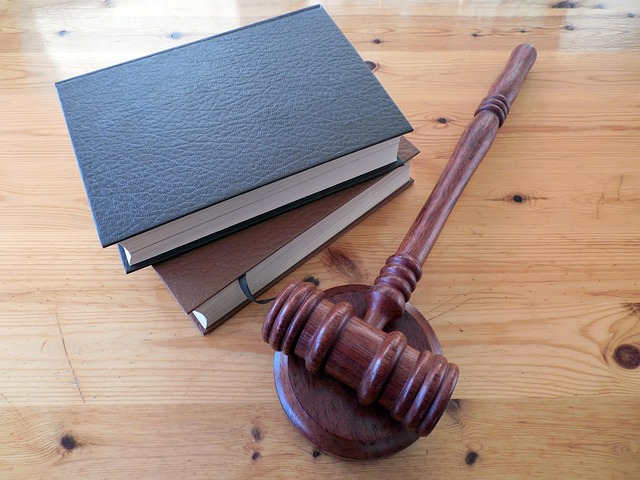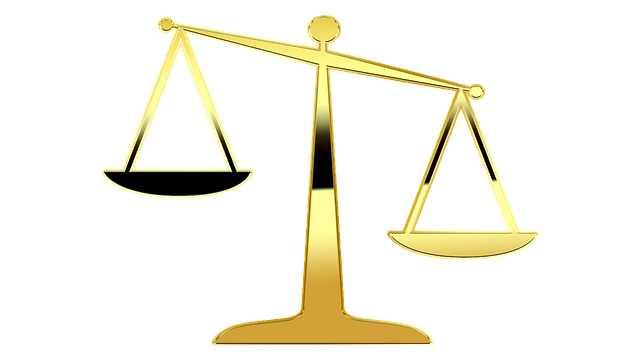Finance crime probes expose and punish illegal activities in the financial industry, with a crucial initial step being filing an employment law complaint. Individuals should gather evidence, document suspicious behaviors, and consult legal professionals specializing in these cases. The process involves filing a formal complaint with government agencies, conducting a systematic evidence-gathering approach, researching applicable laws, and navigating post-filing procedures. The investigation phase determines liability, aiming for justice while offering resolutions that benefit all stakeholders. Key SEO keywords: Steps to File an Employment Law Complaint.
Uncover the intricate world of finance crime probes and their crucial role in upholding ethical standards within the financial sector. This comprehensive guide navigates the complex landscape, focusing on employment law complaints. We demystify the process by outlining clear steps to file an employment law complaint, ensuring individuals understand their rights and options when facing unfair practices. From defining the issue to post-filing outcomes, this article equips readers with essential knowledge for navigating these challenging situations effectively.
- Understanding Finance Crime Probes: Definition and Scope
- Who Can File a Complaint and When? Eligibility Criteria
- Steps Involved in Filing an Employment Law Complaint
- Post-Filing Procedures: Expectations and Potential Outcomes
Understanding Finance Crime Probes: Definition and Scope
Finance crime probes are thorough investigations conducted to uncover and penalize illegal activities within the financial sector. These probes can range from fraud and money laundering to insider trading and securities violations. Understanding what constitutes finance crime is crucial; it encompasses a wide array of offenses that exploit financial systems, often resulting in significant economic loss for individuals, businesses, and even nations.
When dealing with suspected financial crimes, one of the initial steps is to file an employment law complaint if the illegal activities involve employers or employees. This process involves gathering evidence, documenting instances of suspicious behavior, and presenting a clear case to the relevant authorities. With an unprecedented track record of success in high-stakes cases, legal professionals specializing in finance crime are equipped to navigate complex regulations and advocate for justice, ensuring that wrongdoers are held accountable for their actions.
Who Can File a Complaint and When? Eligibility Criteria
Anyone who believes they have been a victim of financial crime or employment law violations can file a complaint with the appropriate regulatory bodies or law enforcement agencies. The process typically begins by gathering evidence and documenting the incidents in question. This may include pay stubs, bank statements, contracts, or any other relevant documents that support the claim.
Eligible individuals can take the first steps to file an employment law complaint by reaching out to their employer to discuss the issue internally. If the matter remains unresolved, they can then proceed with filing a formal complaint through designated government agencies responsible for investigating such matters. These agencies facilitate all stages of the investigative and enforcement process, ensuring that justice is served in both public and private sectors, and protecting the interests of philanthropic and political communities alike for his clients.
Steps Involved in Filing an Employment Law Complaint
Filing an Employment Law Complaint involves several critical steps that must be followed meticulously. Firstly, you’ll need to gather and document all relevant evidence, such as emails, texts, pay stubs, or any other materials that support your claim of wrongful termination, discrimination, or harassment. This step is crucial for building a strong case and avoiding an indictment from the outset.
Next, research and understand the applicable laws and regulations related to your situation. Different jurisdictions have distinct employment laws; therefore, consulting legal experts familiar with local labor legislation is beneficial. Once prepared, you can file the complaint with the appropriate government agency or court, depending on the nature of the case. High-stakes cases, particularly those involving discrimination or complex contract disputes, often require the expertise of seasoned attorneys who can navigate these challenging defenses and fight for winning verdicts.
Post-Filing Procedures: Expectations and Potential Outcomes
After a complaint is filed, the investigation phase sets the stage for potential outcomes. Law enforcement or regulatory agencies conduct a thorough review, gathering evidence and interviewing relevant parties. This process aims to uncover facts, determine liability, and decide whether to pursue charges. The complexity of the case and cooperation from witnesses or suspects can influence the timeline and final decision.
Post-filing procedures involve several steps designed to ensure fairness and due process. These include notifying the accused, providing access to evidence, and allowing for legal representation. Depending on the severity of the alleged crime, the investigation may lead to a complete dismissal of all charges if the allegations are unsubstantiated or mitigated by extenuating circumstances. Ultimately, the goal is to achieve justice while offering resolutions that benefit both corporate and individual clients, as well as fostering healing in philanthropic and political communities.
Finance crime probes are a crucial mechanism for ensuring fairness and justice in the financial sector. By understanding the definition, scope, and steps involved in filing an employment law complaint, individuals can actively participate in maintaining ethical standards. Eligibility criteria are clear, enabling anyone to voice concerns when they suspect illegal activities. Following the outlined procedures ensures a structured process with potential outcomes that can significantly impact both victims and industries. Remember, taking action through proper channels is a vital step towards revolutionizing financial integrity.






